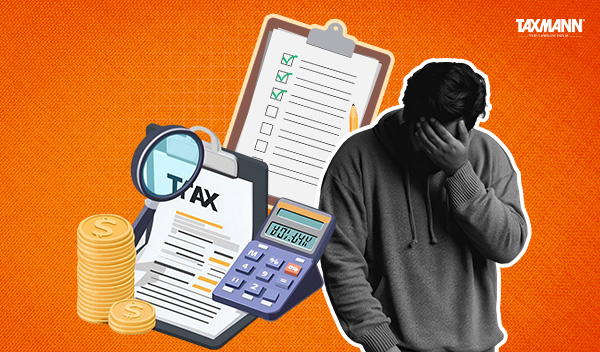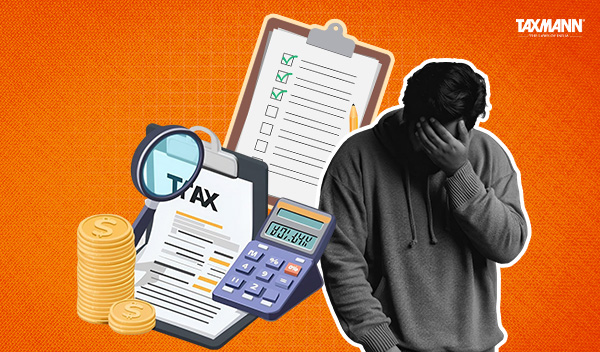
Mayank Mohanka – [2025] 174 taxmann.com 1068 (Article)
Once upon a time, in the grand kingdom of Vijayanagar, under the benevolent rule of Raja Krishan Dev Rai, peace and prosperity flourished. The markets bustled, trade flourished, businesses gleamed, and the people and king were mostly happy, except for one persistent royal headache- tax collection.
Though the kingdom was wealthy, the treasury often ran dry during the year. Taxes were due annually, but by the time the royal taxmen arrived at each village or taluka, the money was either spent, hidden, or simply forgotten. The royal coffers groaned under the delays, and the tax administration scurried in frustration.
The Raja summoned his trusted courtier, the ever-witty and wise Pandit Tenali Rama, and said with a sigh: “Tenali, the people are not dishonest, but our system is. We chase what should already be in our hands. Is there no better way?”
Tenali Rama, as always, smiled his quiet smile.
“Your Majesty, may I show you something in the palace gardens tomorrow morning?”
The next dawn, the two strolled through the dew-kissed royal garden, where rows of herbs and flowers bloomed. They stopped as the chief gardener Ramu kaka, presented a lush and fresh bouquet of flowers.
Tenali pointed to the flowers.
“Notice, Maharaj, how fresh these are? Ramu kaka collects a handful from each junior gardener before these flowers are sent in market. Your share is gathered before distribution. Not after.”
The Raja raised an eyebrow.
“So, he collects my offering at the source itself?”
“Exactly,” said Tenali. “And he does it without needing a second visit or a chase. What if we do the same with taxes? Let those who pay- landlords, merchants, employers- deduct the kingdom’s share first, before handing the rest to the recipient.”
The Raja’s eyes widened with understanding.
“Brilliant! So instead of waiting for each farmer, worker, or artisan to remember to pay taxes, we ask the payer to act as our collector?”
“Indeed,” Tenali nodded. “We ease the burden on the treasury. But we must do one more thing-reward these collectors. For if Ramu kaka doesn’t get his fair share of recognition and reward, he might stop collecting diligently.”
Thus, was born the ‘Royal Withholding Wisdom‘ in Vijayanagar, where income givers-merchants, zamindars, and employers-deducted the Raja’s share and deposited it straight into the treasury. In return, they were honoured, exempted from additional levies, and even rewarded for honest collection.
1. Fast Forward to Modern India – The Irony of TDS Compliance
Today, that ancient wisdom of ‘royal withholding’ lives on in the form of TDS-Tax Deducted at Source, under the Indian Income Tax Act. The Indian Legislature, by the insertion of Chapter XVII-B containing sections 192 to 192T in the Income Tax Act, 1961 (Chapter XIX containing section 393 in the new Income Tax Bill 2025) has casted the responsibility of deducting and depositing Tax at Source (TDS) in relation to the income of the recipient, upon the payer of such income and as such the statutory onus and burden of the Exchequer has been shifted to the payer of income who also happens to be the taxpayer. TDS constitutes as high as 45-50% of the total tax collections. Interestingly, for discharging this statutory responsibility of the Exchequer, the taxpayer does not get rewarded in any manner. Infact to the contrary, a failure or default in discharge of this burden, even an unintentional one, results in some very dire consequences including prosecution also.
2. Fast Forwarding further – Onus of Revenue becoming an Onerous Job for the helpless Individual Tenants u/s 194IB of the Income Tax Act
Individual tenants not liable for tax audits and making rental payments, in excess of ₹50,000/- per month, were required to deduct TDS @5% from their rental payments and deposit the same with the Exchequer under section 194IB of the Income Tax Act. This TDS rate got reduced from 5% to 2% with effect from 1.10.2024.
In many cases, due to lack of awareness about this rate change, individual tenants, continued deducting and depositing the higher TDS of 5% in place of 2% for the entire year of 2024-25, vide their annual challan cum TDS statement in prescribed form 26QC.
Click Here To Read The Full Article
The post [Opinion] TDS Compliance – Tenants Battle Section 194IB Glitch appeared first on Taxmann Blog.
